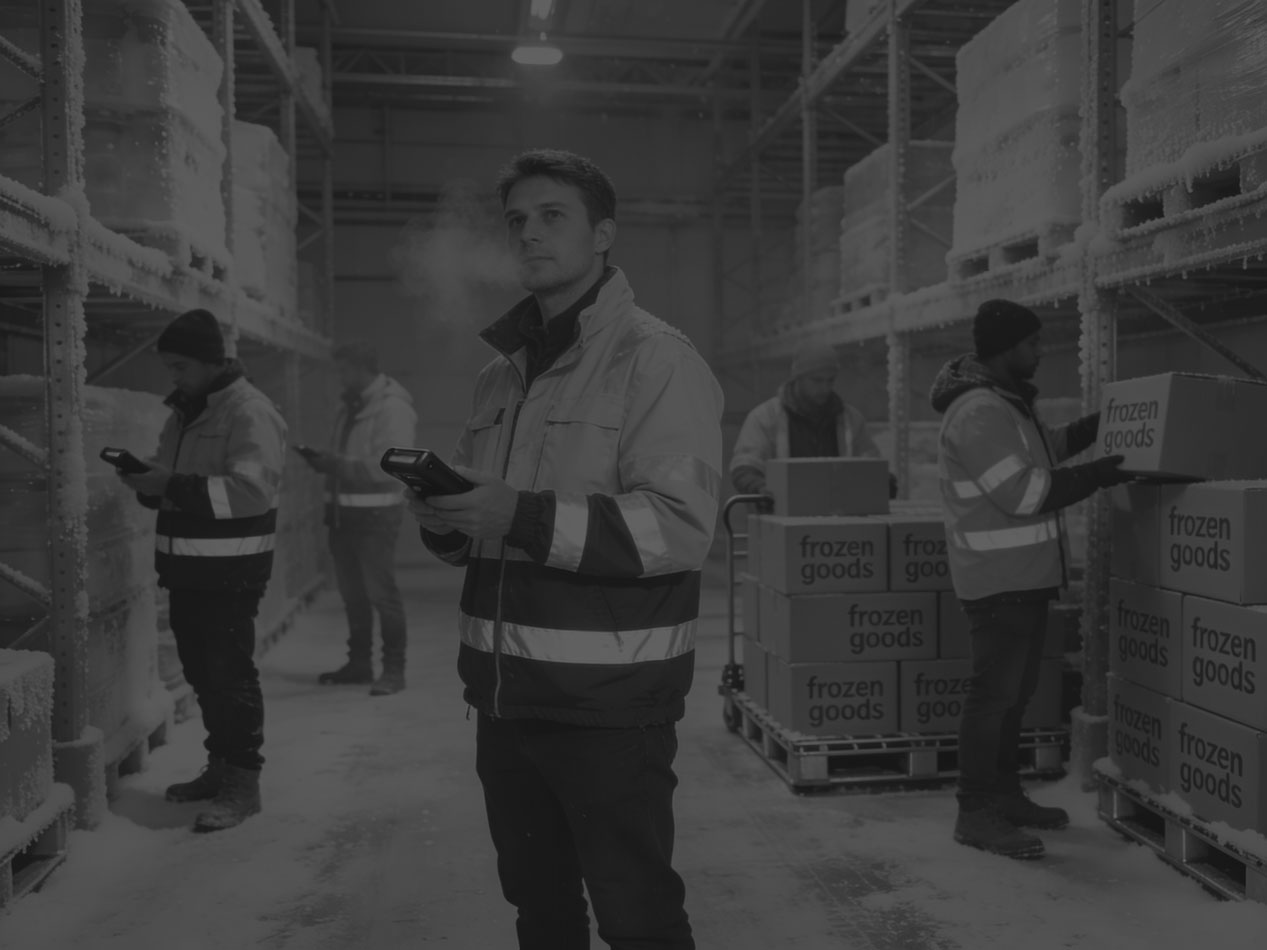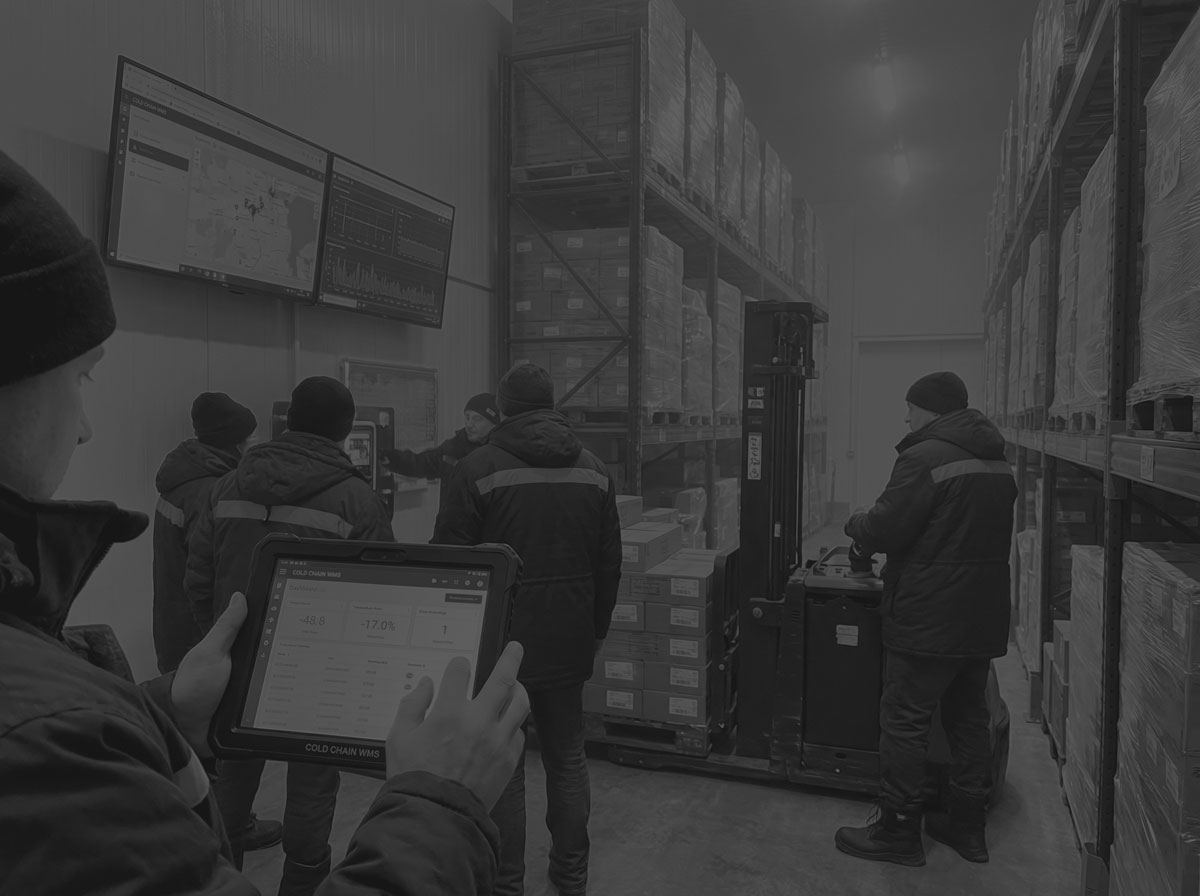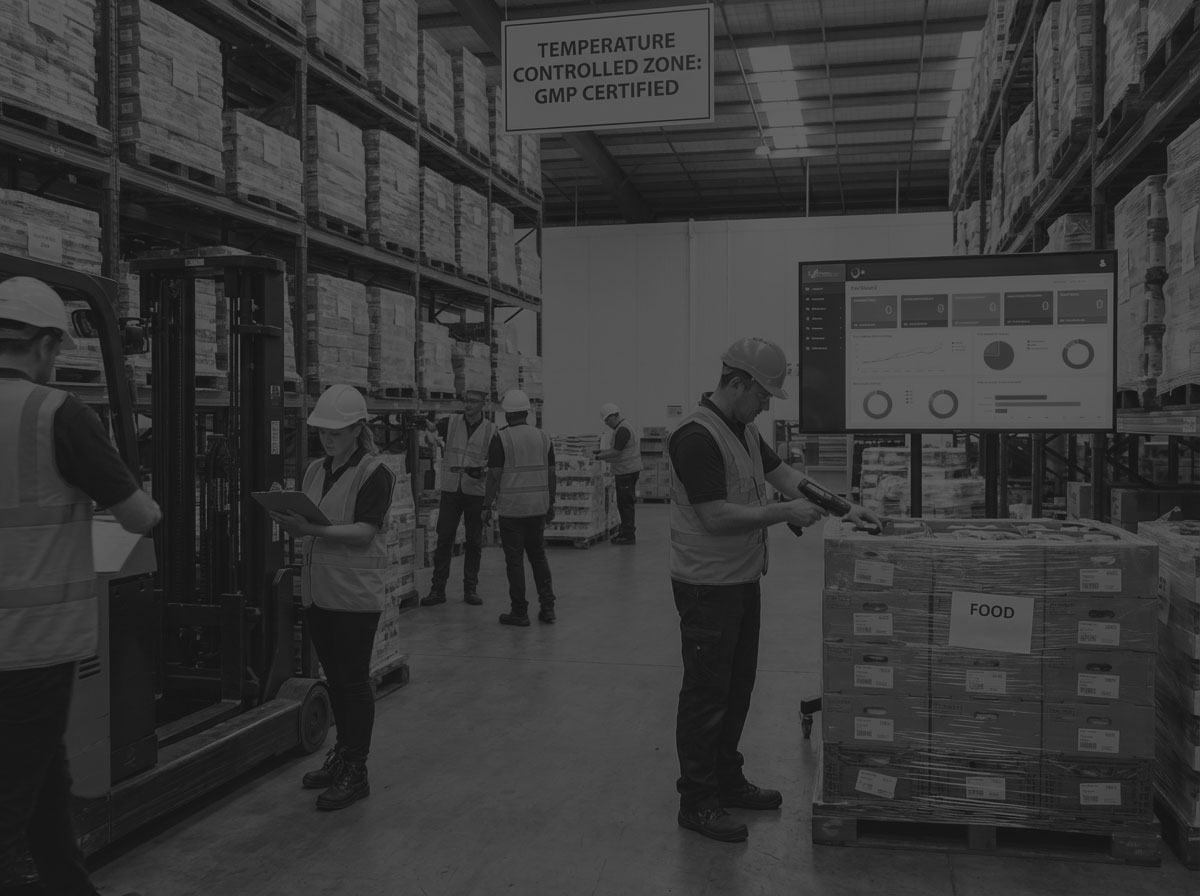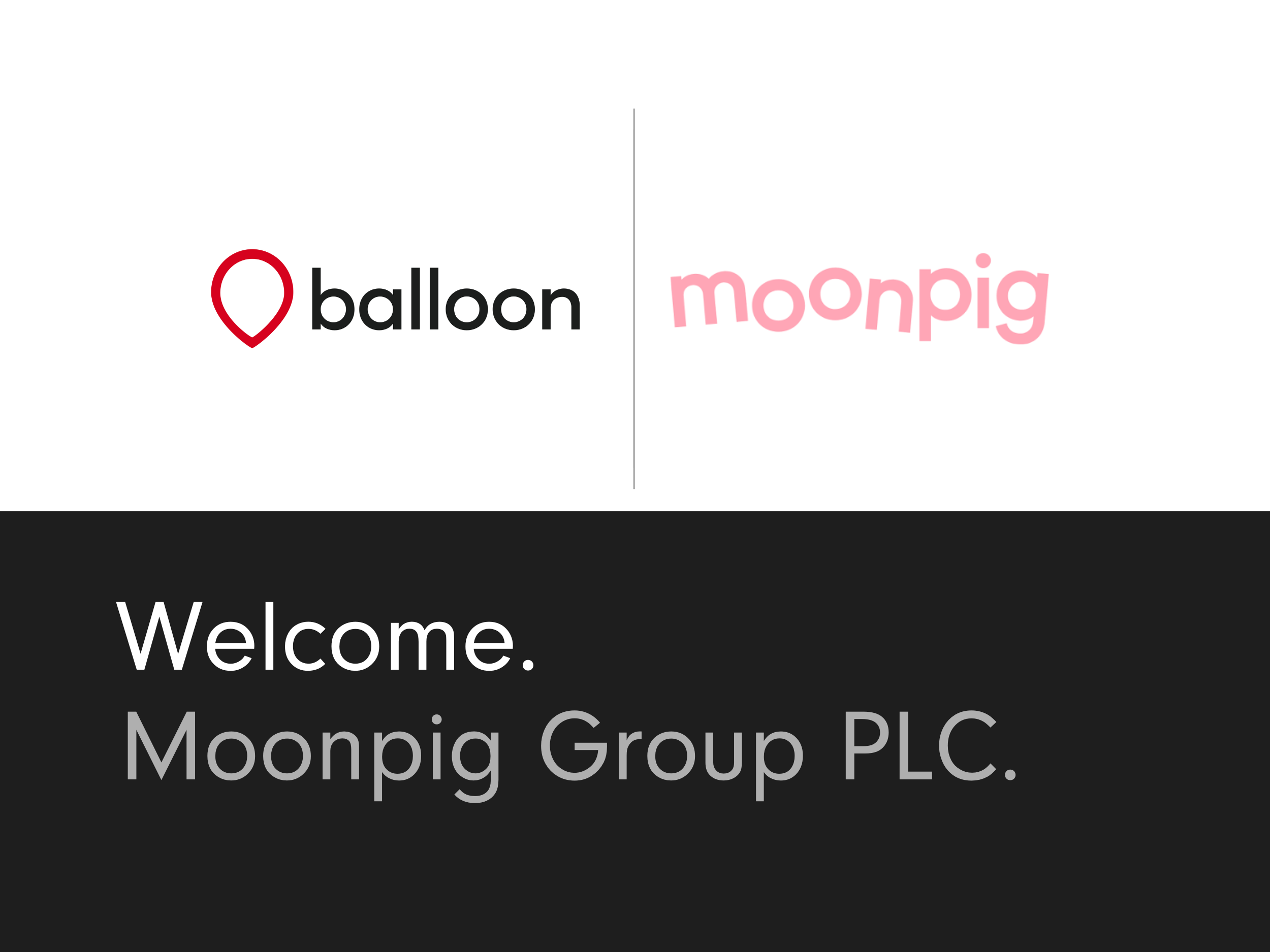Warehouse Management Systems in Food & Beverage: A Complete Guide to Optimising Operations.
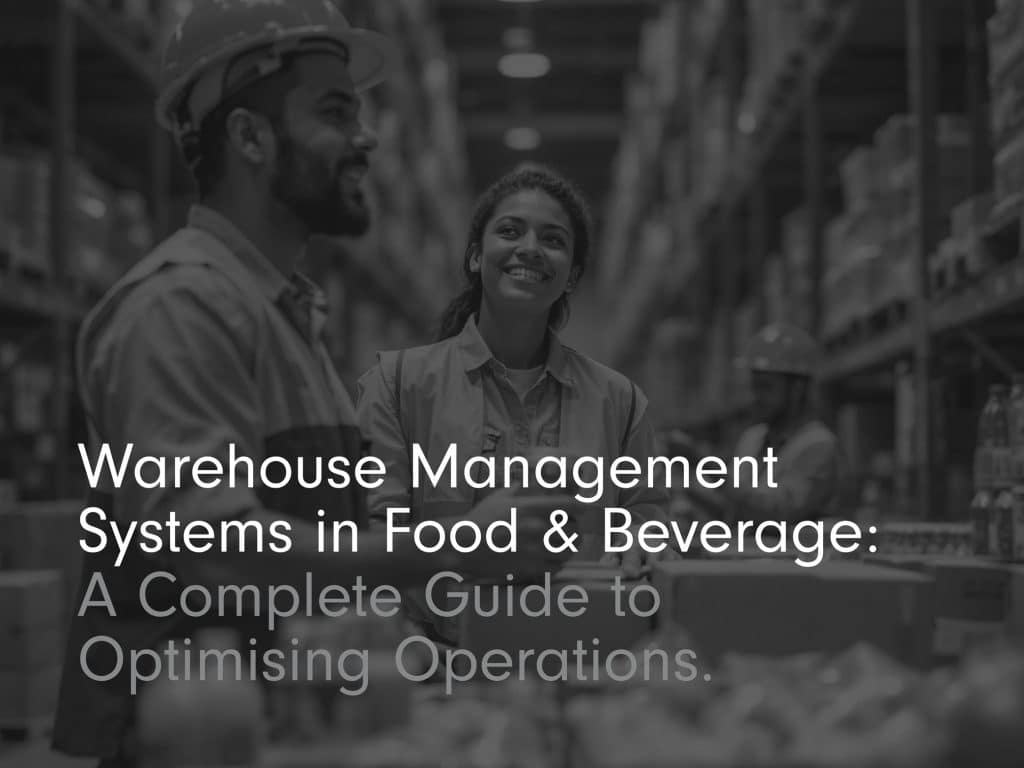
Food safety violations cost UK businesses millions annually in spoiled inventory and compliance breaches. Warehouse Management Systems, such as the Körber WMS prevent these losses through automated temperature monitoring, allergen control, and real-time traceability.
Here at Balloon One, we know that in the F&B industry, where a single temperature deviation can compromise entire shipments, WMS technology has become essential for maintaining food safety and operational compliance.
Classic Fine Foods, supplying premium ingredients to five-star hotels, transformed their food distribution through integrated WMS implementation. Their success demonstrates how the right system prevents quality compromises while ensuring complete batch traceability across multiple temperature zones.
Key Takeaways:
- Temperature monitoring prevents costly product spoilage through 24/7 zone control
- Automated HACCP compliance prevents food safety breaches
- Best-before date management eliminates expired product risks
- Cross-contamination prevention through intelligent storage allocation
- Real-time batch tracking enables instant product recalls
Want more like this?
Download our free guide now.
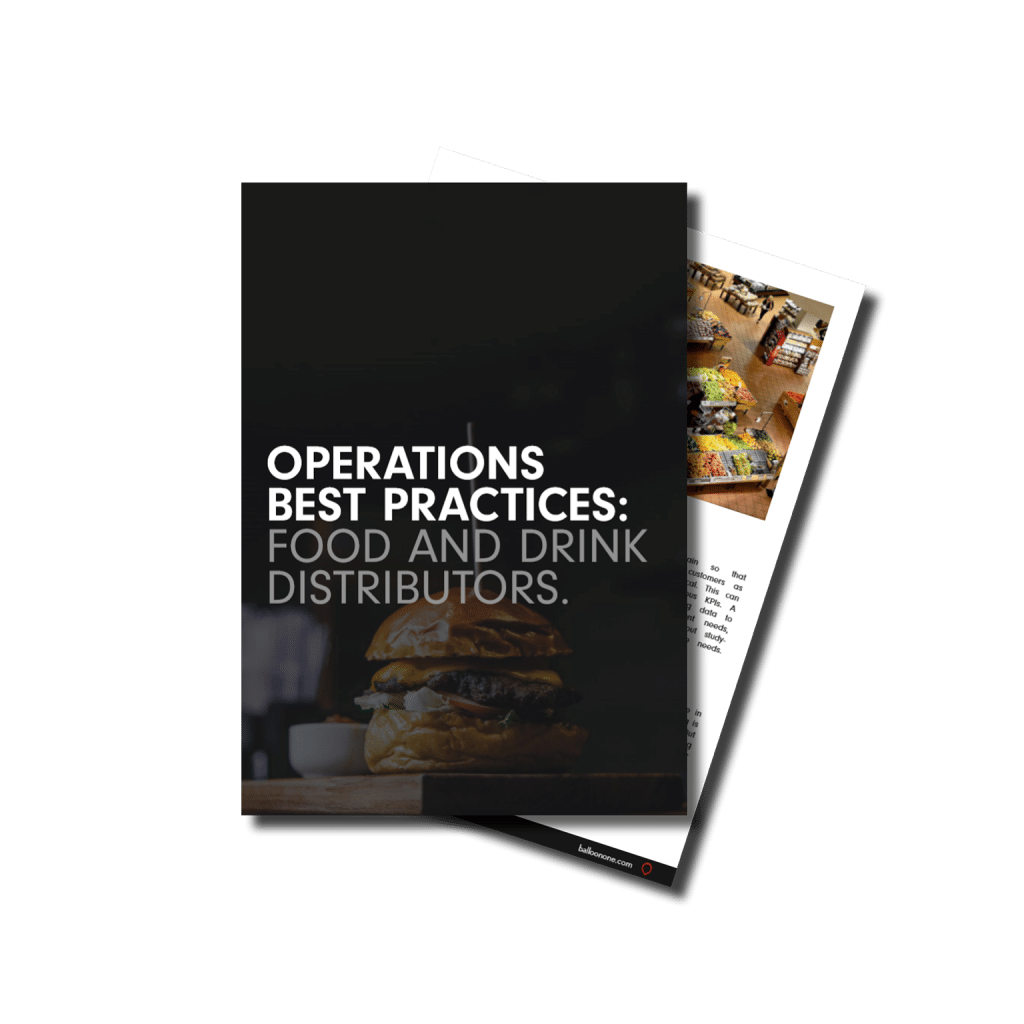
Food Safety Challenges Driving WMS Adoption.
Temperature control failures and cross-contamination risks threaten F&B operations daily. Basic inventory systems can’t maintain the strict environmental controls and separation protocols that food safety demands. Modern WMS solutions prevent these risks through continuous monitoring and automated compliance documentation.
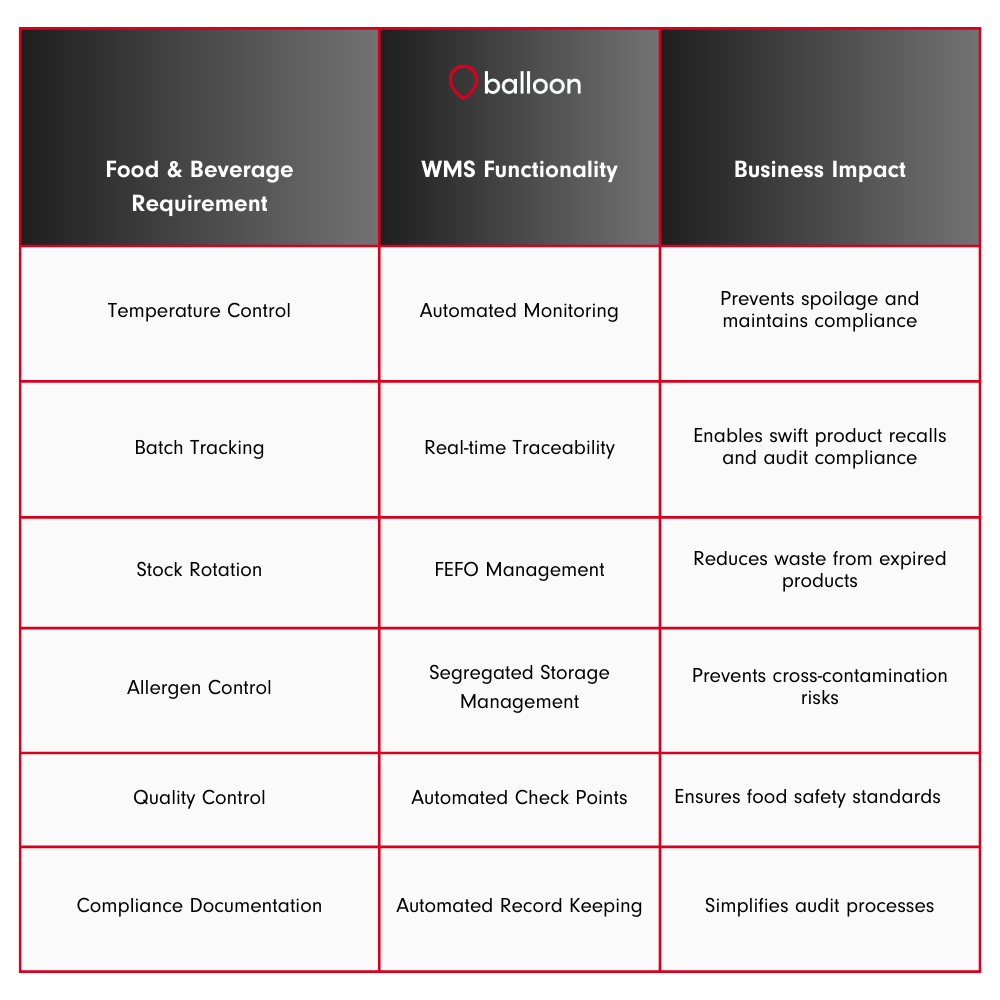
Table 1. highlighting food and beverage operation requirements, wms capability, and business impact.
Temperature Zone Management.
HACCP compliance requires precise temperature control across multiple storage environments. Classic Fine Foods maintains optimal conditions for:
- Fresh produce (1-4°C)
- Frozen goods (-18°C to -22°C)
- Ambient products (18-22°C)
- Chilled preparations (0-2°C)
Their WMS continuously monitors each zone, automatically alerting managers to any deviations that could compromise food safety. This proactive approach prevents temperature-related spoilage while maintaining complete compliance records. There are many benefits of using a cold storage WMS, and businesses like this will find a lot of value with working with one.
They needed to upgrade their existing infrastructure due to an old IT system, but wanted to upgrade to future proof themselves for ecommerce and EDI. The aim was to relocate the warehouse without halting business and preventing orders. This meant moving physical stock and electronically transferring product lines over to the new system.
“The whole project ran smoothly and everything was completed on time. The products were very easily moved over on the system, which saved us so much time as we had only three days to move and settle into our new warehouse. And we did not get any down time which was very important to us.” – Classic Fine Foods
Allergen Control and Cross-Contamination Prevention.
Food safety regulations mandate strict separation between allergen-containing products and other inventory. The WMS enforces these separations through:
Intelligent Storage Assignment:
The system automatically assigns storage locations based on product characteristics, ensuring allergen-containing items remain segregated. When Classic Fine Foods receives new inventory, the WMS directs it to appropriate zones based on both temperature requirements and allergen status.
Picking Protocol Enforcement:
Warehouse staff receive specific picking instructions that prevent cross-contamination. The system guides workers through proper handling procedures, ensuring allergen-containing products are picked last and stored separately during order assembly.

Batch Tracking and Recall Management.
Food traceability regulations require instant recall capabilities and complete batch history. Classic Fine Foods eliminated manual tracking through wireless WMS implementation, enabling real-time visibility from receipt to dispatch. When receiving deliveries, warehouse staff scan GS1-128 barcodes, automatically capturing:
- Batch numbers
- Production dates
- Best-before dates
- Country of origin
- Supplier details
This digital traceability enables rapid response to food safety incidents. During a recent supplier alert, Classic Fine Foods isolated affected batches within minutes, preventing any compromised products from reaching customers.
Food Grade Storage Requirements .
WMS technology enforces strict storage protocols that maintain food grade standards. It helps ensure that all storage locations meet food-contact standards, with the WMS tracking shelf liner replacements and container sanitisation schedules.
Beyond temperature, the system monitors humidity levels and air quality, crucial for items like dried goods and dairy products.
Digital mapping of pest control points integrates with the WMS, ensuring regular inspections and maintaining audit records.
Hygiene and Cleaning Management.
Food safety depends on rigorous cleaning protocols. Körber WMS integrates cleaning schedules with warehouse operations, automatically triggering:
Daily Cleaning Tasks:
- Loading bay sanitisation
- Cold room disinfection
- Equipment sterilisation
- Floor cleaning validation
The system schedules comprehensive cleaning during lower activity periods, maintaining detailed records for audit purposes.
Quality Assurance Integration.
Quality checks occur automatically at critical control points throughout the warehouse. If your food division receives fresh ingredients, the WMS initiates:
Reception Controls:
- Temperature verification
- Visual inspection requirements
- Sample testing protocols
- Certificate of Analysis validation
Storage Monitoring:
- Continuous temperature recording
- Humidity level tracking
- Best-before date monitoring
- Stock rotation enforcement

Compliance Reporting and Audits.
Körber WMS automatically generates food safety documentation required by regulatory bodies. The system maintains:
HACCP Records:
- Temperature logs
- Cleaning schedules
- Staff training records
- Incident reports
FSA Documentation:
- Traceability reports
- Allergen controls
- Hygiene records
- Pest control logs
Real-World Impact.
Classic Fine Foods demonstrates the transformative power of F&B-focused WMS implementation. Their results include:
Food Safety Enhancement:
- Zero temperature-related losses
- Complete batch traceability
- Instant recall capability
- Perfect audit scores
Operational Efficiency:
- Faster order processing
- Eliminated expired product waste
- Reduced quality control time
- Automated compliance reporting
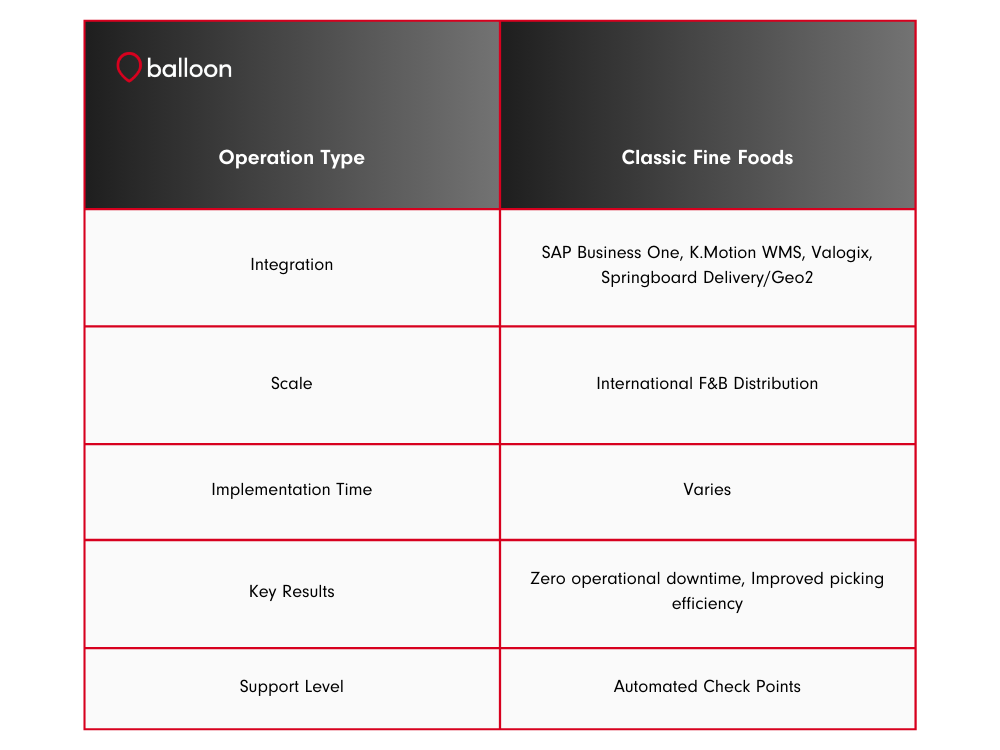
Table 2. showing the operation type activity performed against what customer Classic Fine Foods acquired as a result.
Implementation Considerations for F&B Operations.
Food and beverage implementations demand specialised attention to temperature-controlled environments and continuous operations.
Our experience with Classic Fine Foods demonstrates how proper planning ensures food safety standards remain uncompromised throughout the transition.
Temperature Integrity During Migration.
Maintaining cold chain integrity proves crucial during system implementation. We establish parallel temperature monitoring systems before any data migration begins, ensuring continuous product protection.
Staff Training for Food Safety.
Food handling certifications and safety protocols integrate directly into WMS training programs. Warehouse staff learn new digital processes while reinforcing crucial food safety practices.
The system guides workers through proper handling procedures, from temperature checking to allergen management, ensuring compliance becomes second nature.
Emerging Trends in F&B Warehouse Technology.
Modern food safety challenges demand innovative solutions. Artificial Intelligence now predicts potential temperature failures before they occur, while blockchain technology enhances traceability from farm to fork.
Predictive Temperature Control.
AI-powered systems analyse temperature patterns across storage zones, identifying potential issues before they impact product safety. This predictive capability helps prevent costly spoilage while reducing energy consumption.
Enhanced Traceability.
Blockchain integration with WMS creates an immutable record of food product journeys. Every temperature reading, handling event, and location change becomes part of a permanent digital record.
Automated Cleaning Validation.
Internet of Things (IoT) sensors now integrate with WMS to validate cleaning effectiveness automatically. ATP testing equipment connects directly to the system, ensuring hygiene standards meet food safety requirements. This automation eliminates manual documentation while providing instant alerts if additional cleaning becomes necessary.

Support Requirements for F&B Operations.
Food and beverage warehouses demand specialised support structures that understand both technology and food safety requirements. Our dedicated F&B support team provides:
24/7 Temperature Monitoring.
Our support center continuously monitors temperature-controlled environments across client facilities. When sensors detect potential issues, our team initiates immediate response protocols, protecting valuable inventory while maintaining compliance records.
Rapid Response Protocols.
Food safety incidents require immediate attention. Our support team maintains direct contact with food safety specialists, ensuring technical issues that could impact product safety receive priority response. This approach helped one client prevent a potential recall through rapid system adjustment during a cooling system malfunction.
Why Choose Balloon One?
Two decades of food and beverage expertise makes Balloon One the trusted choice for WMS implementation.
As Körber’s exclusive UK partner since 2005, we’ve transformed operations for leading F&B businesses like Classic Fine Foods, delivering solutions that ensure both food safety and operational efficiency.
Our deep understanding of food safety regulations and temperature-controlled environments ensures successful implementation. When Classic Fine Foods needed to maintain compliance across international operations, our team delivered a complete solution in just five days, maintaining full operational capacity throughout the transition.
The expertise of our UK-based support team extends beyond technology to include comprehensive food safety knowledge. This specialised understanding helps clients maintain compliance while optimising operations. Our proactive monitoring prevents temperature-related losses while ensuring continuous regulatory compliance.
Ready to transform your food and beverage operations? Contact our team to discuss your specific requirements and discover how Körber WMS can enhance your food safety compliance while improving operational efficiency.
Call us on 020 8819 9071 or request a consultation through our website.
Download our free guide now.

Frequently Asked Questions (FAQ's)
A Warehouse Management System in food operations delivers four core benefits: automated temperature monitoring to prevent spoilage, real-time batch tracking for instant recalls, allergen control through segregated storage, and automated compliance documentation. These features work together to ensure food safety while improving operational efficiency.
A WMS manages food expiry through automated FEFO (First Expired, First Out) protocols. The system tracks best-before dates for all inventory, automatically prioritises stock nearing expiry, and alerts warehouse staff when products need rotation. This systematic approach prevents waste and ensures product freshness.
Yes, a WMS enables instant product recalls through complete batch traceability. When a recall is initiated, the system immediately identifies affected batch locations, stops affected products from being picked, generates detailed movement history and creates required recall documentation
FEFO (First Expired, First Out) is an inventory management method essential for food warehousing. Unlike FIFO, FEFO prioritises stock based on expiration dates rather than arrival dates. The WMS automatically enforces FEFO by directing pickers to select products with the nearest expiry dates first, reducing waste and ensuring optimal product freshness.
Our implementation methodology ensures continuous temperature monitoring and compliance throughout the transition. We establish parallel systems before migration begins, maintaining complete cold chain integrity while transitioning to the new WMS.
Körber WMS manages multiple temperature environments simultaneously, from deep freeze to ambient storage. The system continuously monitors each zone, automatically alerting operators to any deviations while maintaining complete compliance records.
The system supports all major food safety standards including HACCP, BRCGS, and FSA requirements. Automated documentation and real-time monitoring ensure continuous compliance with current regulations.
Implementation timelines vary based on operational complexity, but we maintain business continuity throughout the process.
Our UK and international support teams provide bespoke support, with up to 24/7 coverage. With specific expertise in food safety and temperature-controlled environments. We continuously monitor critical systems, providing immediate response for any temperature-related alerts.

